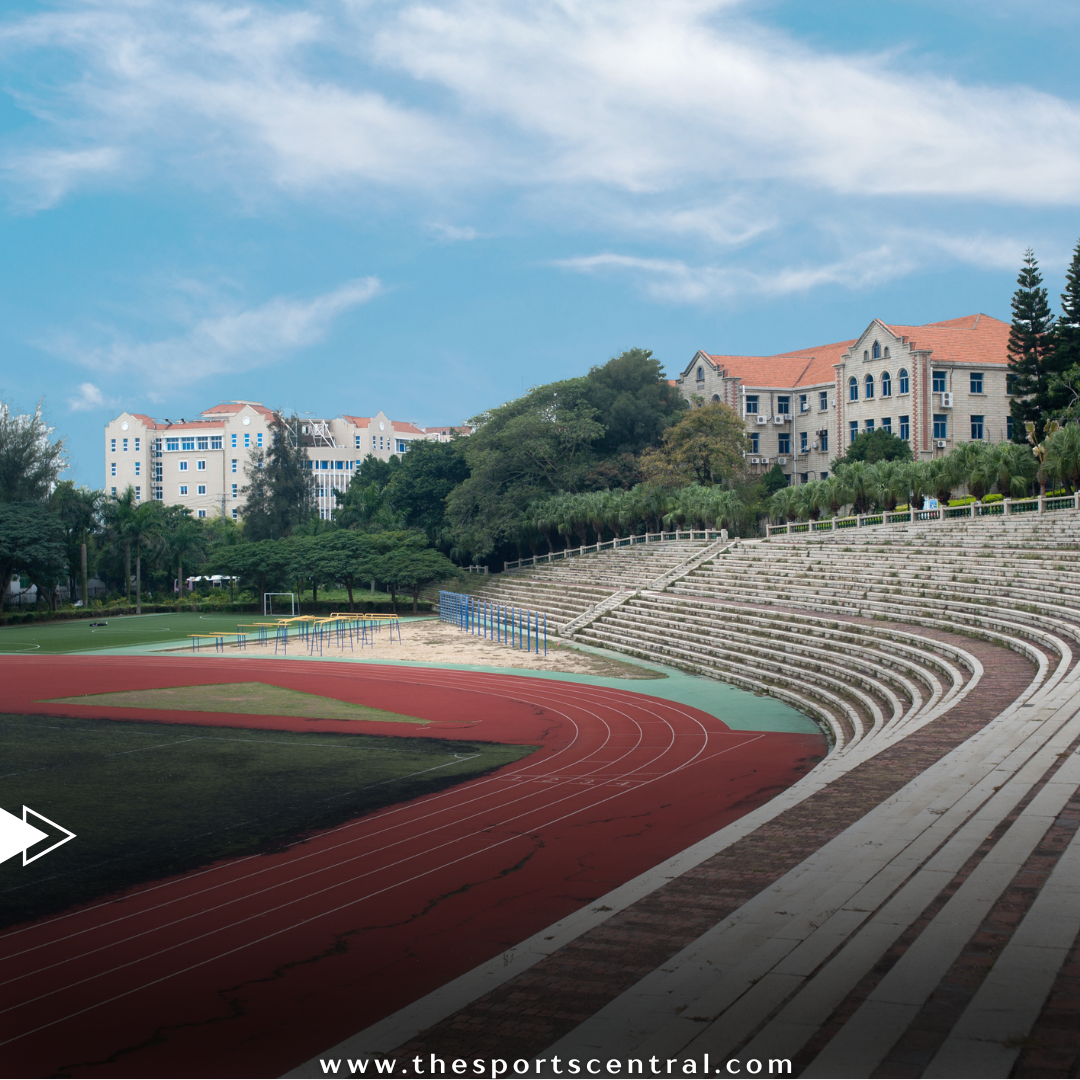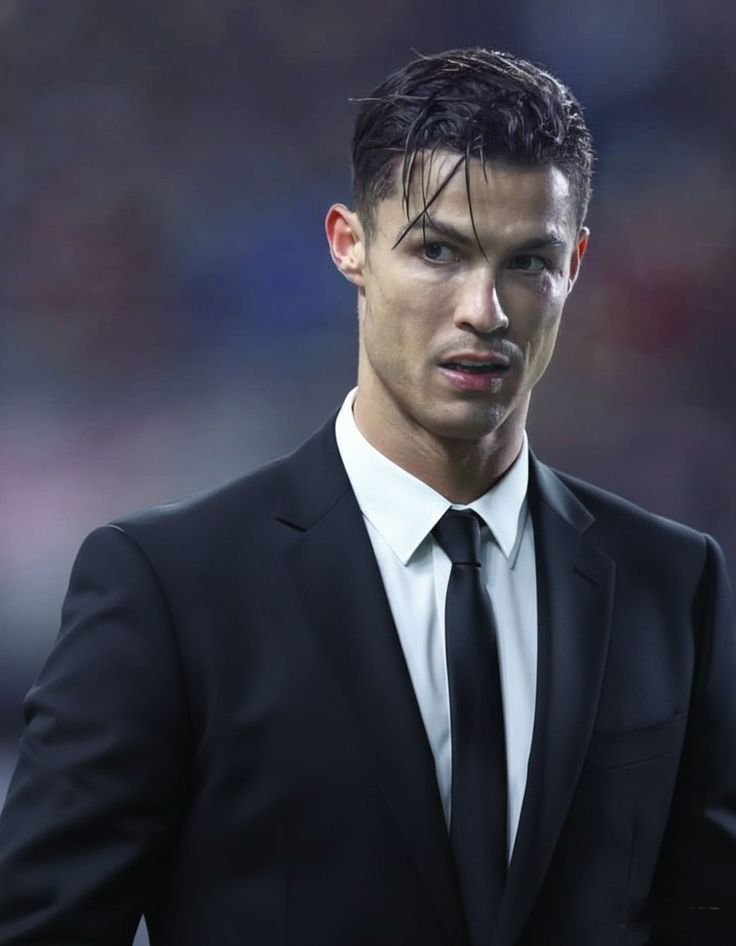In a groundbreaking move, the State government has announced the establishment of the Young India Sports University, an ambitious project set to become the cornerstone of a comprehensive sports ecosystem that will support the upcoming sports hub in the Fourth City/Future City. This initiative is not merely about constructing another educational institution; it is about building the future of sports in India by nurturing young talent, providing world-class facilities, and aligning with global best practices to create a new generation of Olympic champions.
The Vision Behind Young India Sports University
The establishment of the Young India Sports University is a testament to the State government’s commitment to promoting sports as a critical component of national development. The university is envisioned as a state-of-the-art institution dedicated to training athletes across various disciplines, supported by cutting-edge sports science and medicine. This initiative is part of a broader strategy to position the Fourth City/Future City as a global sports hub, drawing inspiration from successful models like the Korean National Sports University in Seoul.
Chief Minister A. Revanth Reddy’s recent visit to South Korea played a pivotal role in shaping this vision. During his visit, he had the opportunity to tour the Korean National Sports University (KNSU), a world-renowned institution established in 1976, which has produced numerous Olympic champions for South Korea. The success of KNSU, particularly its significant contribution to South Korea’s impressive medal tally at the Paris Olympics, has served as a blueprint for the proposed Young India Sports University.
The Fourth City/Future City: A New Era of Sports Excellence
The Fourth City/Future City is more than just a new urban development; it is a bold statement of intent by the State government to create a world-class sports hub on the outskirts of the city. The integrated sports hub planned for this city will house state-of-the-art sports academies catering to over a dozen disciplines, each equipped with modern infrastructure to support both amateur and professional athletes.
The sports hub will not just focus on physical training but will also encompass centers of sports science and sports medicine. These centers will be instrumental in enhancing the performance of athletes through scientific methods, injury prevention, and rehabilitation. The integration of these components will ensure that athletes receive holistic support, covering every aspect of their training and well-being.
The Role of Young India Sports University in the Sports Ecosystem
The Young India Sports University will be the heart of the sports ecosystem in the Fourth City/Future City. It will serve as the primary institution for developing young talent, offering a range of courses and training programs tailored to meet the needs of both amateur athletes and professionals. The university will be a breeding ground for future sports stars, providing them with the skills, knowledge, and support necessary to excel at the highest levels.
The university’s curriculum will be designed to cover all aspects of sports education, including physical training, sports management, coaching, and sports sciences such as physiology, psychology, and biomechanics. This comprehensive approach will ensure that students not only excel in their chosen sports but also understand the intricacies of maintaining peak physical and mental condition.
Moreover, the university will collaborate with international institutions and experts to bring the latest advancements in sports science and technology to India. This collaboration will help in setting up world-class facilities and ensuring that the training methods are on par with the best in the world.
Potential Locations for the University
The government is currently considering two potential sites for the Young India Sports University: the existing sports school in Hakimpet and the sports complex in Gachibowli. Both locations offer unique advantages that could be leveraged to create a world-class institution.
Hakimpet Sports School: Located in the northern part of the city, Hakimpet is known for its long-standing tradition in sports education. The existing infrastructure could be expanded and upgraded to meet the demands of the new university. The location is also well-connected to other parts of the city, making it accessible to students and athletes from across the region.
Gachibowli Sports Complex: Situated in the western part of the city, Gachibowli is already a prominent hub for sports activities, housing several sports facilities and academies. The complex’s modern infrastructure and proximity to IT hubs could provide the university with access to additional resources and partnerships with corporate sponsors. This could be an ideal location for fostering a vibrant sports culture, attracting both local and international talent.
Learning from Global Best Practices: The Korean National Sports University Model
The Korean National Sports University (KNSU) is widely regarded as one of the best sports universities in the world, and its success offers valuable lessons for the development of the Young India Sports University. KNSU’s focus on comprehensive sports education, cutting-edge facilities, and a culture of excellence has been key to South Korea’s success in international sports competitions.
One of the standout features of KNSU is its ability to nurture talent from a young age, providing a seamless transition from grassroots sports to elite competition. The university offers a wide range of courses, including specialized programs for athletes who compete at the national and international levels. This approach ensures that athletes receive tailored training that aligns with their career goals, whether they aim to compete in the Olympics or pursue a career in sports management or coaching.
KNSU’s integration of sports science and medicine has also been a critical factor in its success. The university employs experts in various fields, including nutrition, physiology, psychology, and biomechanics, to provide athletes with the support they need to optimize their performance. The focus on injury prevention and rehabilitation has helped many athletes extend their careers and maintain peak performance.
By partnering with reputed institutions like KNSU, the Young India Sports University can bring these best practices to India, creating an environment where athletes are supported at every stage of their development. This collaboration could also open doors for student exchanges, joint research initiatives, and access to international competitions, providing Indian athletes with the exposure they need to succeed on the global stage.
Building a World-Class Institution: Challenges and Opportunities
Establishing the Young India Sports University as a world-class institution will require careful planning, significant investment, and a long-term commitment to excellence. While the vision is ambitious, several challenges must be addressed to ensure the success of the project.
Funding and Investment: Building a university of this scale will require substantial financial resources. The government will need to secure funding from multiple sources, including public funds, private investors, and international partnerships. The involvement of corporate sponsors and philanthropic organizations could also play a crucial role in providing the necessary financial backing.
Infrastructure Development: Creating state-of-the-art facilities that meet international standards will be a significant undertaking. This includes not only sports infrastructure but also academic buildings, accommodation, and other support services. Ensuring that the university has the latest equipment and technology will be essential to attract top talent and provide students with the best possible training environment.
Attracting Talent: To establish the university as a leader in sports education, it will need to attract top athletes, coaches, and experts from around the world. This will require offering competitive scholarships, salaries, and opportunities for professional development. Building a reputation for excellence will be key to drawing the best talent to the university.
Maintaining Standards: Once established, maintaining high standards will be critical to the university’s long-term success. This will involve regular assessments, updates to the curriculum, and ongoing investments in infrastructure and technology. The university will need to stay at the forefront of sports science and education to remain competitive on the global stage.
Cultural Integration: As the university attracts students from diverse backgrounds, it will be important to create an inclusive environment that respects and celebrates cultural differences. This will enhance the learning experience and ensure that students feel valued and supported throughout their time at the university.
The Impact on Indian Sports
The establishment of the Young India Sports University has the potential to revolutionize sports in India. By providing a world-class training environment and access to the latest sports science, the university could produce a new generation of athletes who are capable of competing at the highest levels.
This initiative aligns with the broader goal of improving India’s performance in international sports competitions, including the Olympics. With the right support and infrastructure, the university could help India become a global leader in sports, producing athletes who consistently bring home medals and set new records.
Moreover, the university could play a significant role in promoting sports as a viable career option for young people across the country. By offering a range of courses and training programs, the university will create opportunities for students to pursue careers in coaching, sports management, sports medicine, and other related fields. This will not only enhance the overall sports ecosystem in India but also contribute to the country’s economic development by creating new jobs and industries.
A Bright Future for Indian Sports
The Young India Sports University represents a bold vision for the future of sports in India. By combining world-class facilities, cutting-edge sports science, and a commitment to excellence, the university has the potential to transform the way sports are played and perceived in the country.
As the government moves forward with this initiative, it will be crucial to maintain a focus on quality, inclusivity, and sustainability. By learning from global best practices and fostering partnerships with leading institutions, the Young India Sports University can set new standards for sports education in India and become a model for other countries to follow.
The success of this initiative will depend on the collective efforts of the government, private sector, and sports community. With the right support and resources, the Young India Sports University can pave the way for a new era of sports excellence in India, producing champions who make the nation proud on the global stage.










